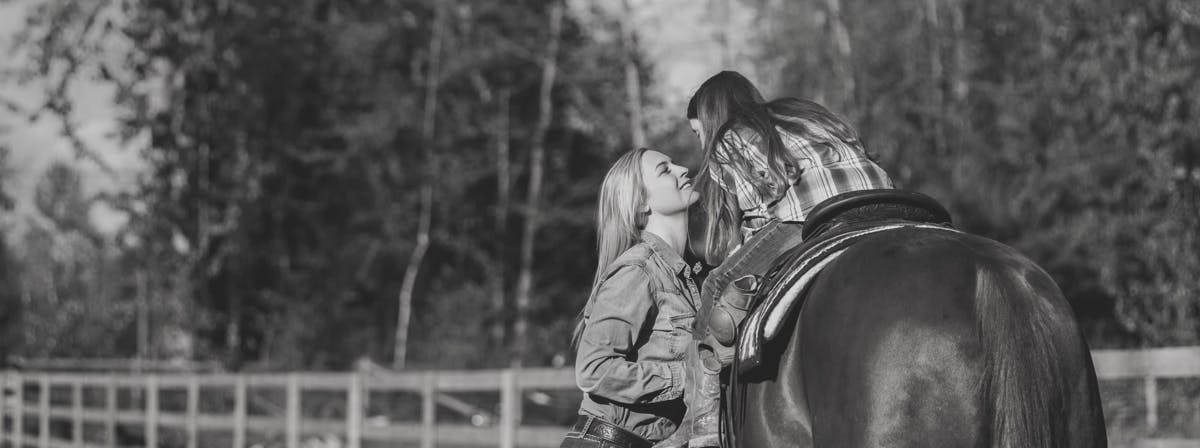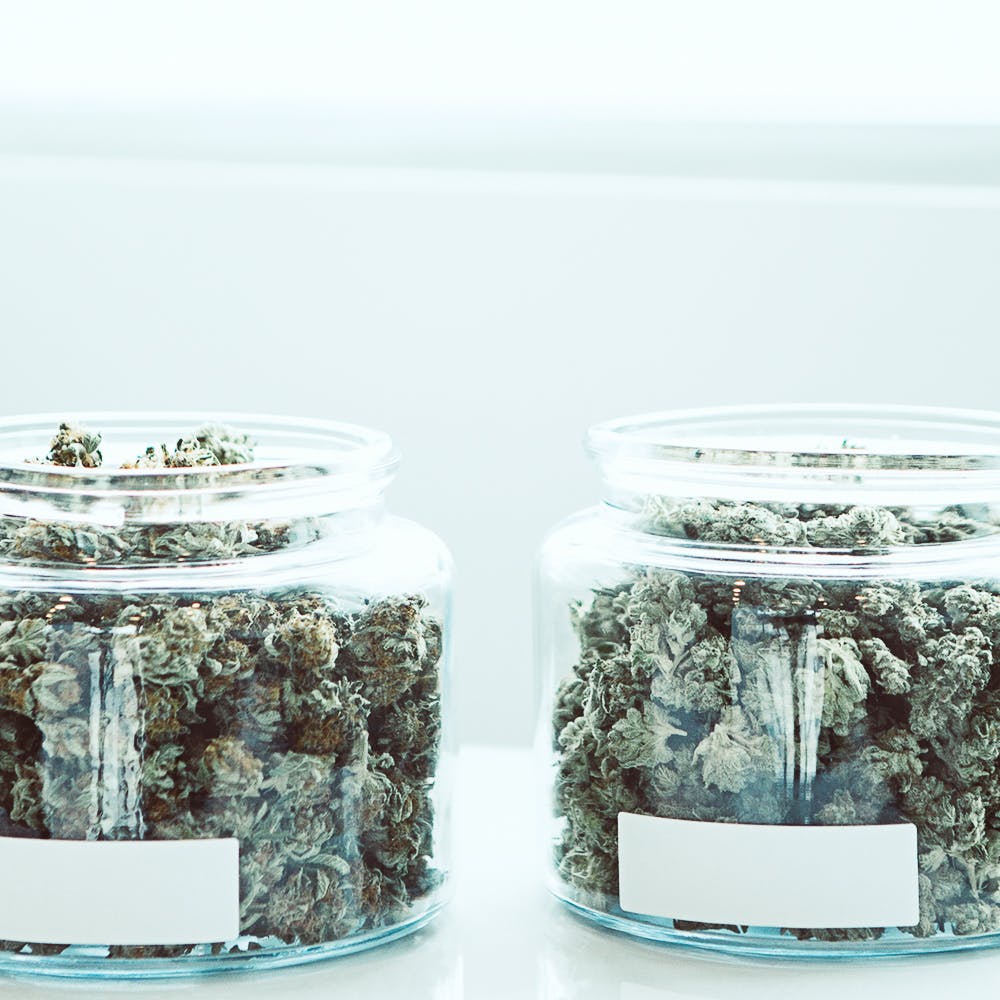As you likely heard, on October 17th of 2018, Canada officially made it legal for residents to grow up to four cannabis plants inside their homes.
But before you go buying seeds and grow lights, you should take some time to think through all the implications that come with growing cannabis inside you home, and whether the reward outweighs the risk.
The Stigma
First things first, let’s talk about stigma. While Canada prides itself on being a progressive nation, that doesn’t mean your neighbours, mortgage lenders, insurance agent, and the future buyers of your home (if you ever plan to move/sell) are jumping for joy at the idea of you growing cannabis inside you home. In fact, according to a Zoocasa 2018 Housing Report, 48% of Canadians would think twice about moving into a home where pot had previously been grown.
That said, the current Property Disclosure Form (PDS) only asks that you disclose if illegal cannabis growing activities have taken place on the property…
You may be thinking “Ok, if I am growing legally, I won’t have to disclose…I’m set!” Not so fast. Though you may not be required to disclose your legal growing activities on your PDS, there are still several other factors that come into play, and that might ultimately sway your decision to grow or not to grow.
Mortgage and Insurance
While that PDS might ask about legal cannabis growing activities, you can rest assured that both your mortgage lender and your insurance agent will. And this isn’t only an issue for you as a grower. If you ever plan to sell your home, you can be affecting your potential buyer’s ability to secure funding for the transaction. In fact, a recent review of mortgage lenders revealed that only 1 out of 11 companies surveyed would be willing to extend a loan on a home where cannabis had previously been grown. And they would only do so with an added 1% on the premium. In a competitive housing market, this 1% could be all it takes to send your potential buyer down the road to find a different home.
Now you may be asking: what’s with all the fuss surrounding cannabis? After all, it is officially legal!
Well, there’s one major cause of concern with mortgage lenders and insurance agents…mold!
The Mold
If there’s one thing insurance agents hate, it’s moisture. For even a little excess moisture, left untreated, can snowball into a full blown mold problem that costs thousands to treat.
Why does mold matter when it comes to growing cannabis (besides the fact that certain strains may smell a little moldy)? It’s the moisture required to grow these plants. In contrast to a typical houseplant, a cannabis plant can require upwards of 6-7 times the amount of water. And because these plants also have very strong sensitivity to light, many people opt to grow their plants in an enclosed area inside their home.
Small, enclosed space and lots of water = mold heaven.
It’s more than likely that this increased likelihood for mold, more than any stigma, is what’s causing lenders and insurance agencies to turn their backs on the home growing segment of the marketplace. And it’s not just an issues for those looking to sell. Many companies are enabling little-read covenants and renewal periods as opportunities to adjust or cancel contracts with current clients as well. In fact, the British Columbia Automobile Association, one of the country’s largest insurers, issued a statement after the legalization of home growing reminding policy holders that their insurance does not cover loss if the premises are used for cannabis activities, even if the damage is completely unrelated to cannabis activities.
Meaning that if you hold BCAA insurance and chose to grow at home, you’ve essentially disabled your entire homeowner’s insurance plan…
Many see this as an overreaction, but to instance agencies, it’s a matter of safety. In addition to mold issues, there are concerns with the wiring of the special lamps required to grow cannabis indoors – an electrical project that many would-be growers tackle themselves. There has also been concerned raised over chemicals and pesticides used in growing, as well as the overall air quality in homes where cannabis is grown and consumed.
With all of this, insurance agencies have found it easier to just wash their hands of the whole thing, leaving potential growers with almost no place to turn.
The Future
Though the tone of this article may suggestion otherwise, I am not here to take a stand on home growing one way or another. As a Real Estate Agent who loves British Columbia and loves their clients, I just want to be sure everyone knows all the facts before they take a dive into home growing of their own. Because the last thing I want to see is someone create future problems for themselves while doing something they thought was totally harmless now that it is totally legal.
Of course, as with all things undergoing a major legislation change, time will only tell how things will develop for the home growing market of cannabis. The British Columbia Real Estate Association (BCREA) has already called on the Province to enact a standardized set of restoration guidelines, so that homes where growing took place can be checked and restored (if necessary), making it easier for home sales to take place without concern from buyers, mortgage lenders, and insurance agencies. The BCREA has also launched a website called http://safegrowhomes.ca which helps potential growers understand all the risks and implications involved with the decision to begin growing inside the own home.
Your decision to grow or not to grow is ultimately up to you and those with whom you share your home. Just remember to do your research ahead of time, and ensure that you know all the facts before diving in head first into cannabis!



